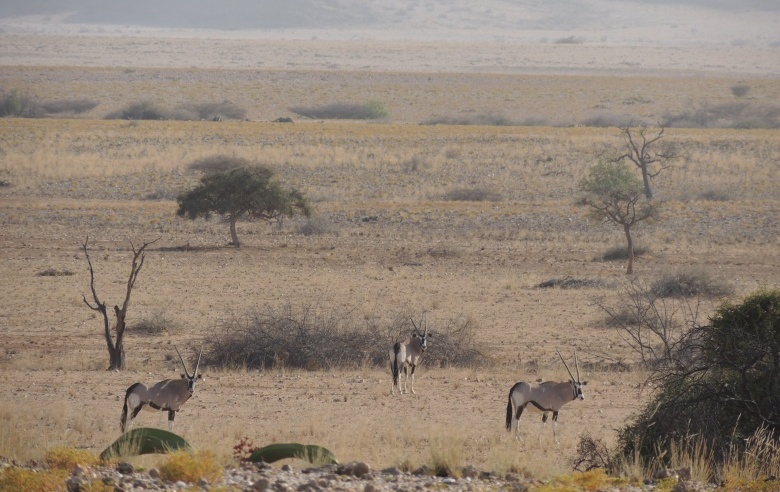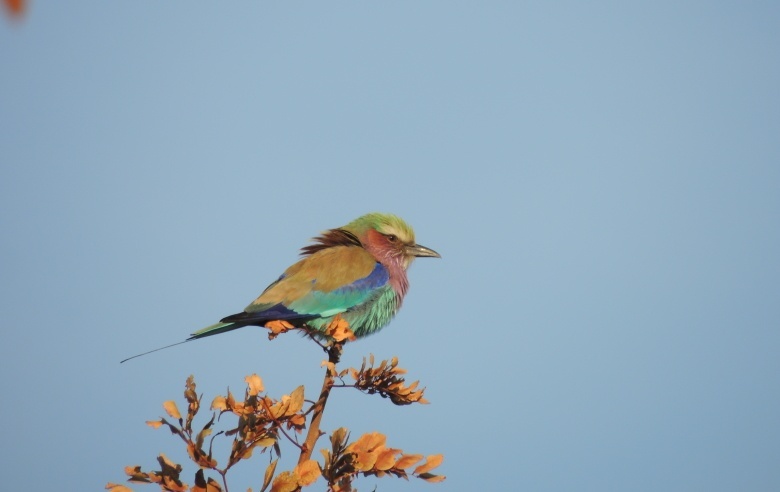The first TwinLab agreement in Angola, CEBEA - CIBIO, was signed in October 2012, in the city of Lubango, with the Higher Institute of Education Sciences of Huíla (ISCED – Huíla).
ISCED - Huíla has existed since 1980 as one of the organic units of the University Agostinho Neto, and was reorganized in 2009 by Decree No. 7/09 of May 12, becoming an Autonomous and Provincial Higher Education Institution.
ISCED is regarded as one of the most important institutions in the area of teacher training across the country. ISCED guarantees quality training, with special attention to the frontier of knowledge and new information and communication technologies, and the exchange of knowledge and experiences with other institutions, both nationally and internationally.
For the moment, ISCED training offer includes Bachelor's and Master's degrees. In the area of biodiversity, ISCED’s research activities are conducted by the Research Unit CEBEA.
The second TwinLab agreement in Angola, now with the University of Mandume ya Ndemufayo, was established during 2019, also in the city of Lubango (Huíla Province).
The University of Mandume ya Ndemufayo (UMN) is a public higher education institution based in Lubango, Angola, established in 1963 and named after the late Kwanyama King Mandume Ya Ndemufayo. Created by Decree No. 7/09 of 12 May (Article 16), is a legal person governed by public law, with legal, scientific, pedagogical, administrative, financial and disciplinary autonomy under the Government of Angolan through the Ministry of Higher Education. Regarding research, several different lines are pursued by each of UMN’s Faculties.






